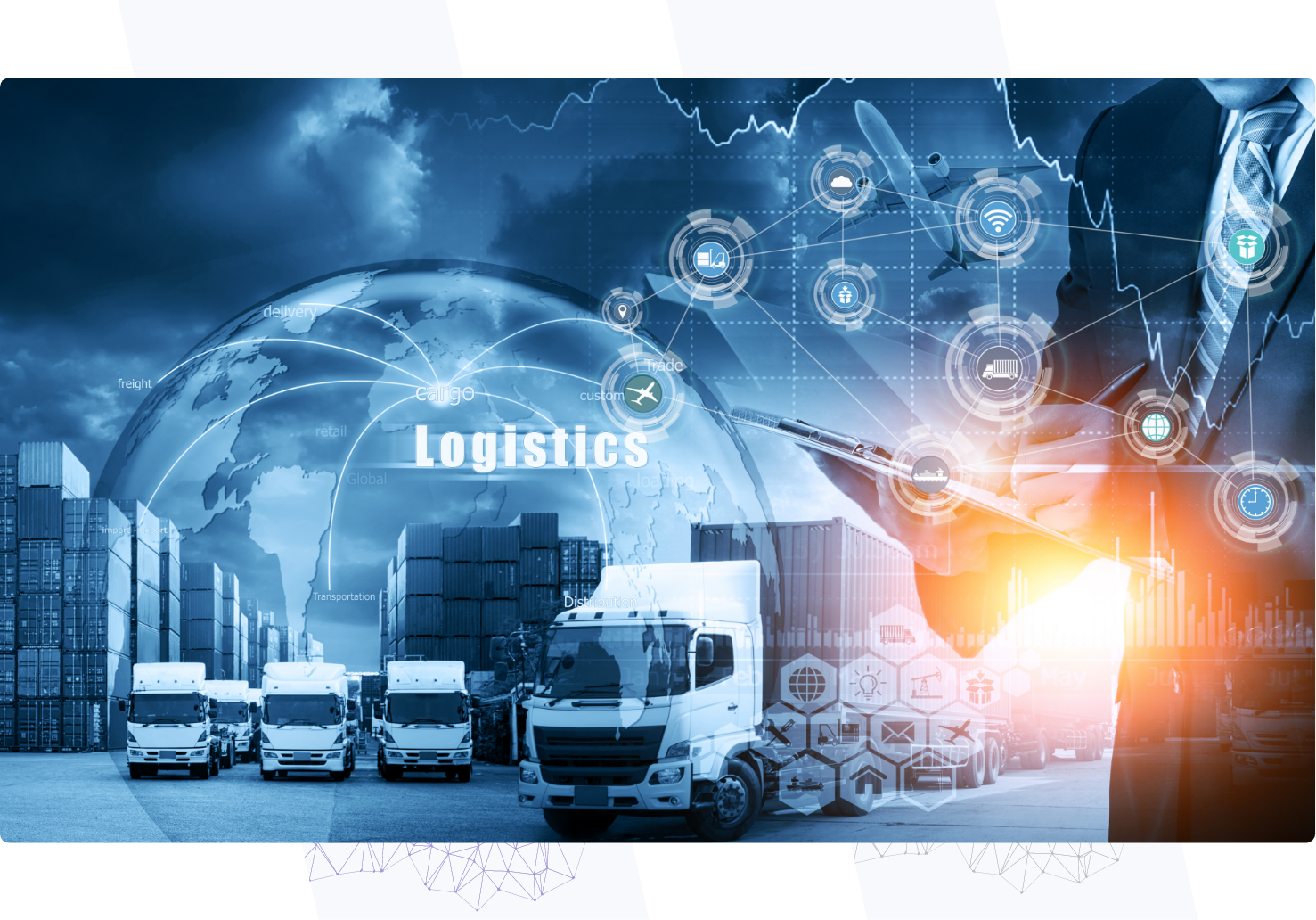Companies in the logistics industry can use data science and machine learning in a variety of ways to optimize quality, processes and services related to the core product of transport.
The logistics sector has not been one of the innovators of new technologies and methods in the past. The industry has developed a rather sedate, solid reputation. Punctuality and reliability played the central role. Now, times have changed and the industry is in a state of upheaval.
In the age of digitization, the logistics industry is regaining innovative ground and is faced with the same challenges as other digitized companies. Thanks to IoT and Big Data, data is now generated at almost all contact points in the logistics process, which can be used to improve your own vehicles, processes and the entire logistics service in a data-driven manner.
Our experienced team of data scientists at HData Systems supports you in making the best possible use of your data from transport, maintenance and dispatching to improve customer relationships, processes and procedures.
Why transport and logistics businesses should contact HData Systems
• Predictive maintenance: By using predictive maintenance methods, you can identify defects early.
• Optimization: Use models of mathematical optimization to improve the allocation of transport resources.
• Demand forecasting: With the help of models from machine learning, you can predict the transport needs of your customers.
• Arrival forecast: Use statistical models to forecast and track the expected arrival time of your vehicles at the POI.
• IoT / connected devices: Collect data from your fleet in real time for status monitoring or predictive maintenance.
• Quality Analytics: Analyze your quality data to uncover connections and derive measures.
At HData Systems, we have designed several solutions related to logistics and transportation optimization that are supported by Machine Learning and, therefore, Artificial Intelligence. We can assist you seamlessly incorporate solutions based on data science and artificial intelligence into the workflow of operational and commercial departments. Using various techniques and technologies, we have developed various demand forecasting solutions for different clients, each one fully adapted to their business reality.
Why introduce Big Data in logistics
The application of big data in the logistics business can improve the efficiency of many companies in their operations and have a positive impact on their bottom line. For this reason, many large companies worldwide are applying and increasing their investments in Big Data technologies in their logistics processes.
In addition to the need to be more efficient, we must add the fact that the logistics process has become increasingly complex due, in part, to the increase in road traffic, the relocation of warehouses, the increase in the cost of energy, the increase in e-commerce, the complexity of a last mile with greater sustainability and pollution needs in cities and, finally, the different and changing regulatory regulations on the sector.
All this requires more technology to achieve efficient management that simplifies the processes involved.
Data sources for a transport and logistic business
There are numbers of data sources from which to capture all the information that is needed to achieve a data driven business status. Some of them are:
• Fleet activity through GPS technologies that allow us to clearly monitor the location and route of each of the transportation resources.
• Data of processes and operations of goods through traditional computer systems that carry out monitoring with technologies such as Radio Frequency Identification (RFID), sensors of different types and cameras equipped with artificial intelligence algorithms.
• Alerts from customers and collaborators about shortages at points of sale that must be attended to with the utmost urgency.
• Official consumption patterns, or internal ones in real time, that allow us to do predictive analytics on possible future needs.
• Meteorological data with which to work more efficient alternative routes.
• Data from the automation of our warehouses through robotization.
Some of our top data analytics tools at HData Systems
-
Kpitaine.
-
Microsoft Power BI.
-
Zoho Analytics.
-
Scatter data.




